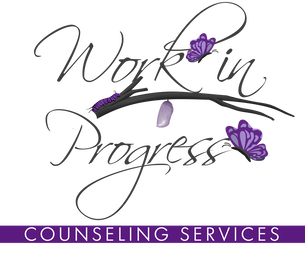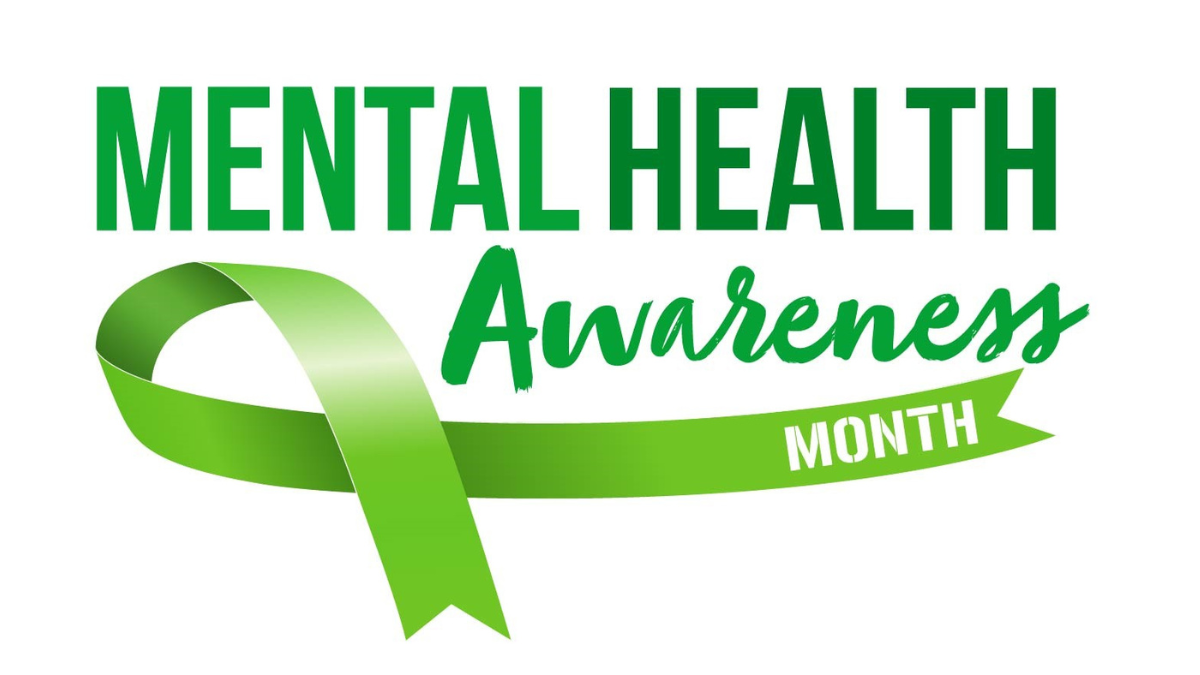You know, she’s on antidepressants.
I heard he takes meds for anxiety.
My coworker is so bipolar.
My boss is a narcissist.
THEY say, she went to the psych ward…
These are just a few comments I’ve been told that people have overheard whispered about others AT WORK. Have you heard comments like these in the workplace?
It never ceases to amaze me the insensitive, callous, rude, and downright mean things said about people with mental illness.
As a professional counselor, I have made it my personal mission to decrease the shame and stigma associated with all things related to mental health.
Since May is Mental Health Awareness month, let’s start with a few statistics to raise awareness.
Why do we have a whole month dedicated to conversation about Mental Health?
The shame and stigma associated with mental health is related to the many myths about mental illness.
One MYTH that I’d like to dispel is that people with mental illness can’t handle work or school. The fact is stressful situations can be difficult for all people, not just those who live with mental illness.
People with mental health conditions have jobs, go to school, and are active members of their communities. With effective treatment, people with mental illnesses can be just as productive as other employees. They have good attendance and punctuality as well as motivation, good work, and job tenure on par with or greater than other employees.
Back to the mission…
Decreasing shame and stigma and how YOU can help.
If you are in a room with people who were very similar to you (e.g., a room full of individuals sharing your characteristics such as sexual orientation, race, religion, etc.), and a conversation begins where another demographic group is being disparaged, and your best friend belongs to the population being discussed, how do you respond? Would you sit by silently or would you speak up to defend those not present?
Decreasing shame and stigma starts with you. It starts with not allowing the negative stereotypes, dismissive comments, or insensitive jokes about mental illness in your presence. Considering that 1 in 5 adults is living with a mental illness, it is likely that someone is listening and absorbing what you really think about them because your silence will seem like agreement.
One of the major barriers to people receiving much needed mental health services is being afraid of what other people will say or think.
SO, in the same way that you would for your Black, gay, Hispanic, trans, Muslim or whatever category represents your best friend, SPEAK UP, do not listen to people making jokes or saying unkind things about people with mental illness.
Speak up for your family, church members, coworkers, and yes, even your best friend with mental illness.
Remember you are a masterpiece AND a work in progress!!
Until next time,
Cherie Edwards, MA, LPC-S
I heard he takes meds for anxiety.
My coworker is so bipolar.
My boss is a narcissist.
THEY say, she went to the psych ward…
These are just a few comments I’ve been told that people have overheard whispered about others AT WORK. Have you heard comments like these in the workplace?
It never ceases to amaze me the insensitive, callous, rude, and downright mean things said about people with mental illness.
As a professional counselor, I have made it my personal mission to decrease the shame and stigma associated with all things related to mental health.
Since May is Mental Health Awareness month, let’s start with a few statistics to raise awareness.
- Approximately 20% of adults in the United States experience a mental illness each year.
- Mental illness can affect anyone, irrespective of age, race, ethnicity, gender, sexuality, income level and religion.
- Half of all mental health conditions start by age 14, but most cases are undetected and untreated.
- Nearly 60% of adults with a mental illness did not receive mental health services in the previous year. This underscores the importance of improving access to mental health care services.
Why do we have a whole month dedicated to conversation about Mental Health?
- Mental health includes our emotional, psychological, and social well-being.
- It affects how we think, feel, and definitely impacts how we behave. It also determines how we handle stress, how we make choices, and it impacts how we interact in all of our relationships.
- Mental health is important at every stage of life, from childhood and adolescence through adulthood. It is imperative that we take care of our mental health.
The shame and stigma associated with mental health is related to the many myths about mental illness.
One MYTH that I’d like to dispel is that people with mental illness can’t handle work or school. The fact is stressful situations can be difficult for all people, not just those who live with mental illness.
People with mental health conditions have jobs, go to school, and are active members of their communities. With effective treatment, people with mental illnesses can be just as productive as other employees. They have good attendance and punctuality as well as motivation, good work, and job tenure on par with or greater than other employees.
Back to the mission…
Decreasing shame and stigma and how YOU can help.
If you are in a room with people who were very similar to you (e.g., a room full of individuals sharing your characteristics such as sexual orientation, race, religion, etc.), and a conversation begins where another demographic group is being disparaged, and your best friend belongs to the population being discussed, how do you respond? Would you sit by silently or would you speak up to defend those not present?
Decreasing shame and stigma starts with you. It starts with not allowing the negative stereotypes, dismissive comments, or insensitive jokes about mental illness in your presence. Considering that 1 in 5 adults is living with a mental illness, it is likely that someone is listening and absorbing what you really think about them because your silence will seem like agreement.
One of the major barriers to people receiving much needed mental health services is being afraid of what other people will say or think.
SO, in the same way that you would for your Black, gay, Hispanic, trans, Muslim or whatever category represents your best friend, SPEAK UP, do not listen to people making jokes or saying unkind things about people with mental illness.
Speak up for your family, church members, coworkers, and yes, even your best friend with mental illness.
Remember you are a masterpiece AND a work in progress!!
Until next time,
Cherie Edwards, MA, LPC-S

